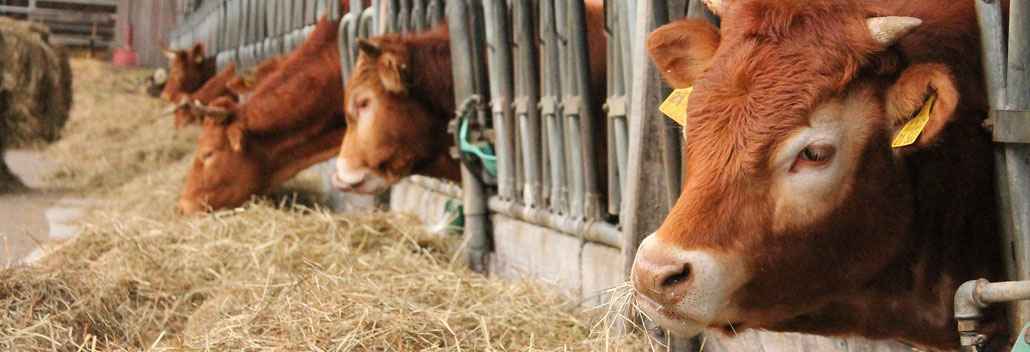If Cows Aren’t Eating Hay, They’re Wasting It
How much hay your cows are wasting every day? If you don’t know the answer to that question, it is time to find out.
While you probably spend a lot of time trying to figure out how much hay your cows eat, the better strategy is to focus on hay waste. Hay waste includes parts of bales that spoil while stored, hay that is dropped on its way to the feeder and hay that goes unused during feeding. It comes down to this fact: If you want to know if your cows’ nutritional needs are being met, feed efficiency is key.
While no feed system eliminates all waste, especially when it comes to cows, there is one method that researchers point to as the best way to minimize feed waste. That method is the round hay baler. This is true whether you are feeding on a daily or weekly basis.
Researchers tell us that the type of feeder matters, and round bale feeders cut waste significantly. When compared to using no feeder at all, such feeders cut waste by 80 percent. If you feed cows daily, it is important that you use enough feeders so that each cow can eat all at once. If you feed only once or twice a week, you will need larger round bale feeders since you will need to use more feed at a time.
How much you spend buying or producing hay is a relatively constant endeavor. What is not a constant is how much your cows eat and how much they waste. With some feeding methods resulting in up to 40 percent or more of waste, it is easy to see how you can be out tons of hay. This can mean up to $100 in wasted feed per cow, per season. No matter how well your operation is doing, this is unacceptable. And even if you can afford these loss, why would you?
It takes a lot of effort to produce and store quality hay. It must be harvested at just the right stage of growth and in the proper weather conditions. Storing hay correctly also is an important task to keep it from getting damp and losing nutrients. With all you do to provide your cows with the best hay available, doesn’t it make sense to take that same care in preventing hay loss?

